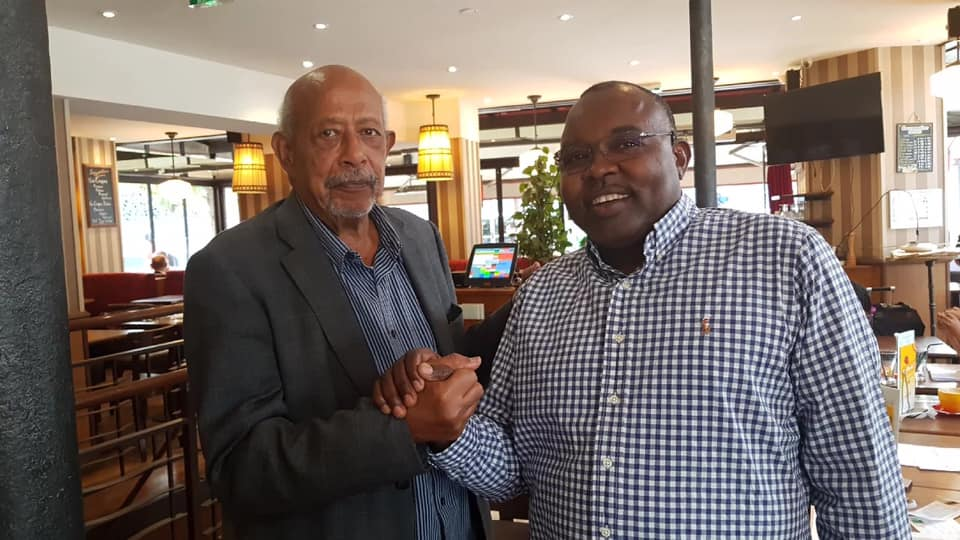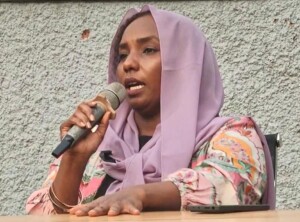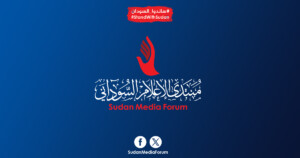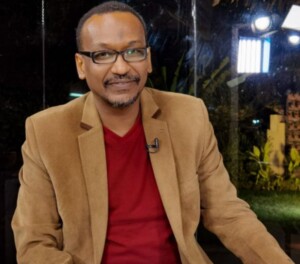Sudan Geneva talks: ‘Civilian voice crucial’

Communist Party spokesperson Fathi Fadul (L) and SLM leader Abdelwahid Nur, Juba, January 27 (File Photo: Supplied)
Special consultations to end Sudan’s conflict and deliver humanitarian aid began in Geneva yesterday, organised by US Secretary of State Anthony Blinken. The talks include the Rapid Support Forces (RSF) but are boycotted by the Sudanese Armed Forces (SAF), raising concerns about the negotiation framework. The Communist Party of Sudan (CPoS) criticised the exclusion of civilian voices, with Professor Fathi Fadul stressing that “civilians, as primary victims, should play a central role in peace efforts”.
Fadul also condemned international mediators for recognising Sudan’s military leadership in past talks, such as those in Jeddah, which he believes has only hardened the army’s stance. He warned that limiting negotiations to the warring parties risks undermining the peace process.
He stressed the importance of a comprehensive plan that includes civilian forces, linking the ceasefire to a broader political vision for Sudan’s future. Fadul argued that a sustainable peace can only be achieved with broad participation, urging the international community to avoid repeating past mistakes.
SAF boycott
Commander-in-chief of the SAF Lt Gen Abdelfattah El Burhan accused the RSF of obstructing progress by failing to honour commitments from the Jeddah Declaration signed in May. “The RSF has shown intransigence and refrained from implementing the commitments,” Burhan stated, underscoring a major barrier to restarting negotiations.
He emphasised the need for any peace agreement to ensure the dignity of the Sudanese people, insisting that military operations would not cease until the RSF withdraws from the civilian areas they have occupied, stating, “There can be no peace while the rebel militia occupies our homes.”
In a recent video statement, RSF Commander Mohamed ‘Hemedti’ Dagalo, reaffirmed his commitment to the Geneva talks, urging the SAF to join the negotiations. He announced the formation of a special force to protect civilians, signalling a potential shift in the RSF’s approach.
The Sudanese government, through its ambassador in Kigali, reiterated its reservations about the Geneva negotiations, particularly objecting to the involvement of the United Arab Emirates.
Acting Information Minister Jaraham Abdelgadir also expressed concerns about the lack of accountability for the RSF under the Jeddah Declaration and questioned the necessity of a new negotiation platform.











 and then
and then